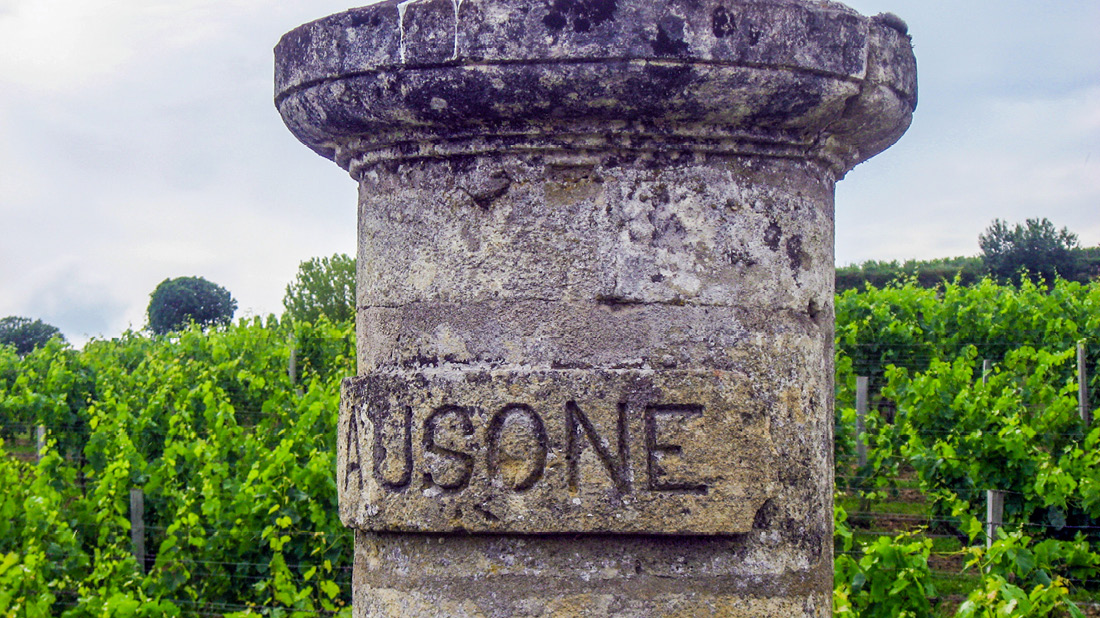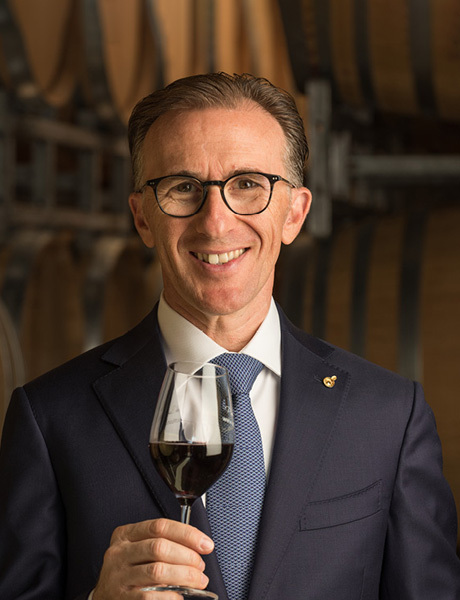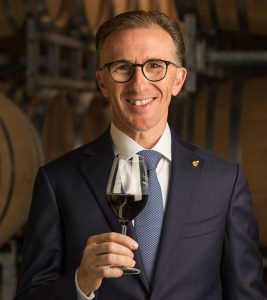

LIVING WELL
2 November 2021
Paolo Basso on wine – part 5: should wine adapt to the consumer, or should the consumer learn to understand wine?

Our resident wine columnist, Paolo Basso, investigates an industry spat in France which points to a wider challenge: how to ‘democratize’ the appeal of wine without losing its essential mystique…
Unless you are intimately involved in the world of fine wines, you will probably have missed the recent news that two of the most celebrated Bordeaux producers, Cheval Blanc and Ausone, have withdrawn from the official St. Emilion classification system.
This matters for the health and prestige of the classification, which is due to announce its next decennial update in 2022. Cheval Blanc and Ausone currently comprise exactly half of the houses (the others being Pavie and Angélus) awarded the highest status: premier grand cru classé ‘A’. Their wines also rank among the industry’s top tier, commanding ‘en primeur’ (futures) prices that can vary between €500 and €1,000 depending on the vintage.
Is this merely a local difficulty in France? And does it matter for the wider wine industry? To answer the latter question, we need to look at why these two legendary châteaux have taken such a drastic action. It’s all down to the classification adopting a weighting for “fame and the means implemented to develop it” alongside the more traditional quality measures.
Speaking to The Times newspaper Pauline Vauthier, technical director at Ausone, explained, “The terroir and tasting part of the assessment was too small in comparison with the marketing and the social media.”
No room for any misinterpretation there. And it leads me to the core argument in my column for this issue. All of us who make and sell wine wish to maintain a strong market; but equally we know that true wine appreciation only comes with years of tasting knowledge and experience. So, are there risks from tying to seduce customers with other points of attraction outside of pure quality and taste?
Not quite the ‘real thing’
The danger from such an approach is that we end up with a proliferation of what I call ‘Coca-Cola’ wines; that is, wines which are easy to understand, and heavily marketed, but which do nothing to translate the ‘magic’ of how variables such as terroir, climate and the art of the winemaker come together to produce something very distinctive, sometimes exceptional, and almost impossible to replicate one year to the next.
As winemakers and wine sellers we have to find the correct balance between democratizing wine to maintain a healthy marketplace, while also making sure we respect those who take the time and trouble to learn how to appreciate good wine.

In many ways the rise of the internet, and particularly social media, has made that job a little harder. Now anyone can become a wine influencer, with information on regions, grape varieties and individual producers exceptionally easy to find. The problem is that to judge wine properly you need to be skilled in tasting it. Otherwise you find these ‘critics’ simply parroting what the producers have paid them to say.
As my very first column argued, to truly appreciate wine means going on a journey into the sensory world of this unique beverage. It is not the work of a moment – it took me at least five years to gain a good understanding – but it is immensely rewarding; and I promise that the process will provide more interest and inspiration than reading a thousand Instagram posts!
As for the St. Emilion classification quarrel? I see things playing out in one of two ways. Either the classification system bends to the will of the two châteaux, and the criteria are altered, or nothing changes and in time – perhaps by the 2032 update – the classification will have lost significant interest; indeed it might potentially not exist at all.
We will see who wins the ‘battle of the Bordeaux’…
- For more about Paolo, and the range of wines he produces, visit his website Paolo Basso Wine
Practice the art of world-class hospitality
Find out more about our Bachelor’s in International Hospitality Business, including the Practical Arts semester for which Paolo Basso is a Visiting Lecturer.
















